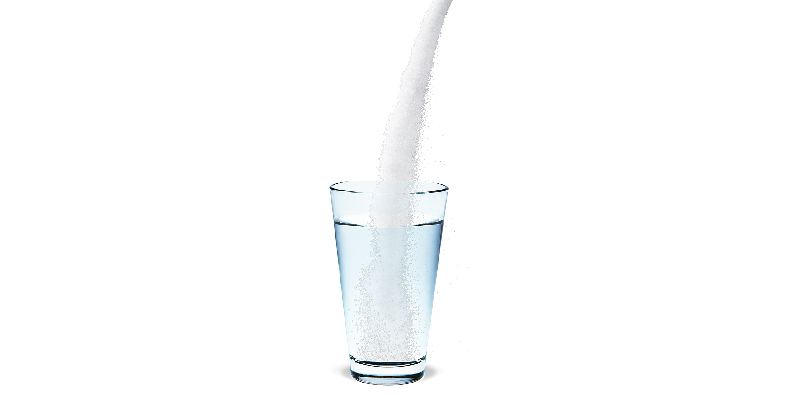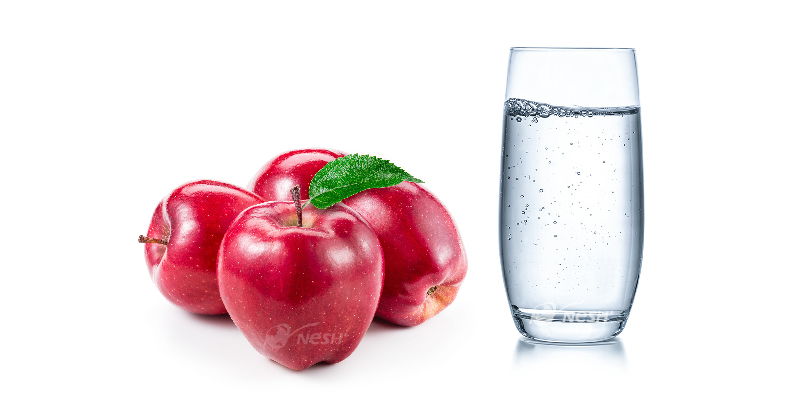Do you know that water is one of the most important substances on earth?
All living things including humans, animals and plants cannot survive without water. You can see the significance of water in sustaining life by looking at generally, a human can live without food for around 3 weeks but only 3 to 4 days without water. Yeah, that’s a huge difference.
So what does water do in your body?
Here are some important functions of water in our body.
Water helps in:
Digestion
Shock absorption
Blood circulation
Creation of saliva
Transportation of nutrients and oxygen to cells
Lubricating joints
Regulating body temperature
Flushing out toxins and wastes from our body.
Every day, our body is constantly losing water through breathing, sweating and urinating, even when we exhale. When you do not take enough water, your body becomes dehydrated. Even low levels of dehydration can easily cause headaches, lethargy and constipation. We need sufficient water to keep our body hydrated.

Let’s see the water in you.
Water is the main component of your body. Although the body water percentage varies between man and woman, typically an adult body contains around 60% of water. The water is being distributed throughout the body and organs.
The water content of our organs depends on their composition, ranging from 83% in blood to only 10% in adipose tissue according to Pivarnik and Palmer 1994. Similar to blood, kidneys compose 83% of water, heart and lung are about 79% water. The spleen and muscles are 76% while the skin contains 72% water, and even the bones are watery: 22%.
The fact is that our body cannot store water, therefore you need to drink enough water every day to keep the body hydrated, which is crucial for good health and proper functioning of the body.







